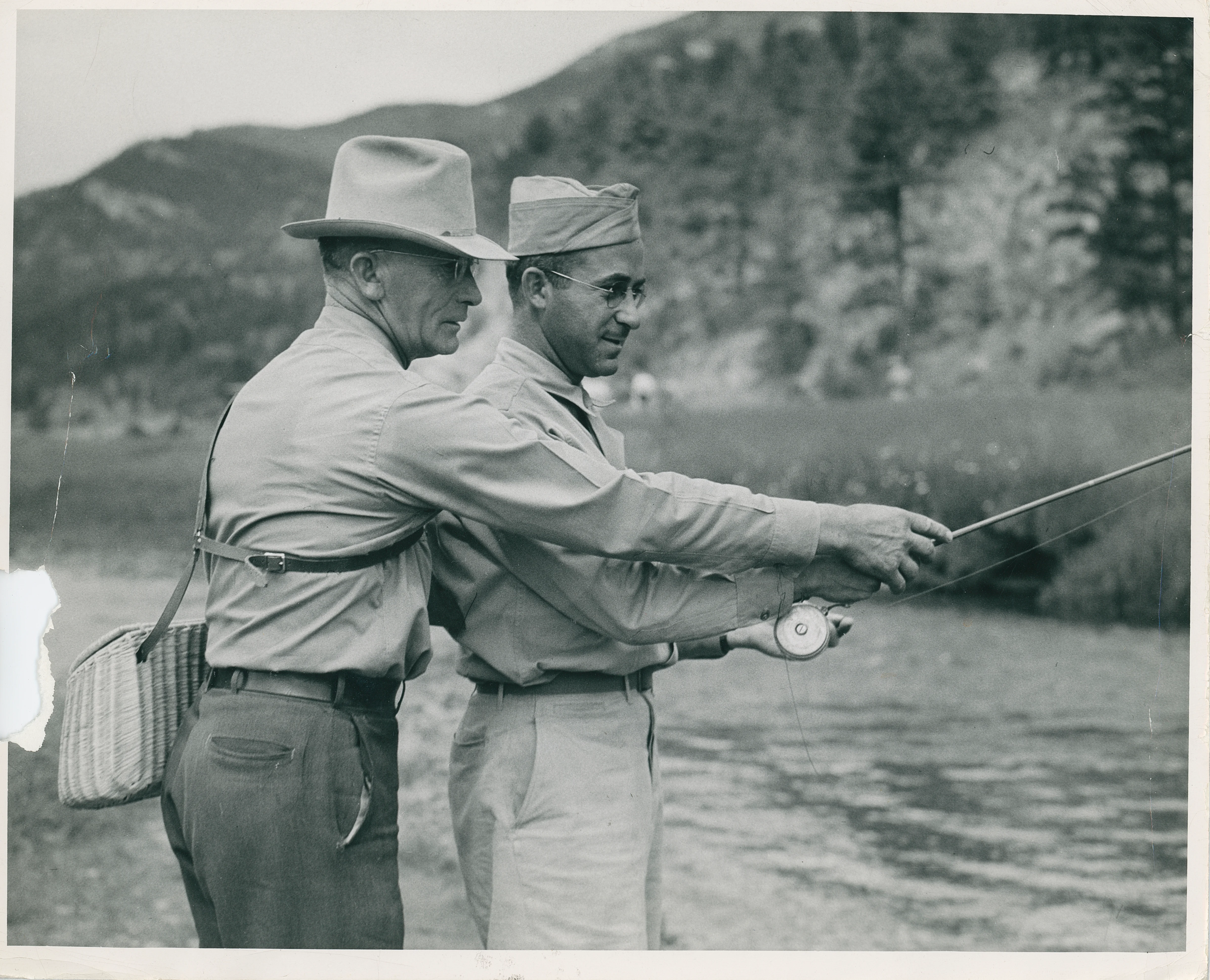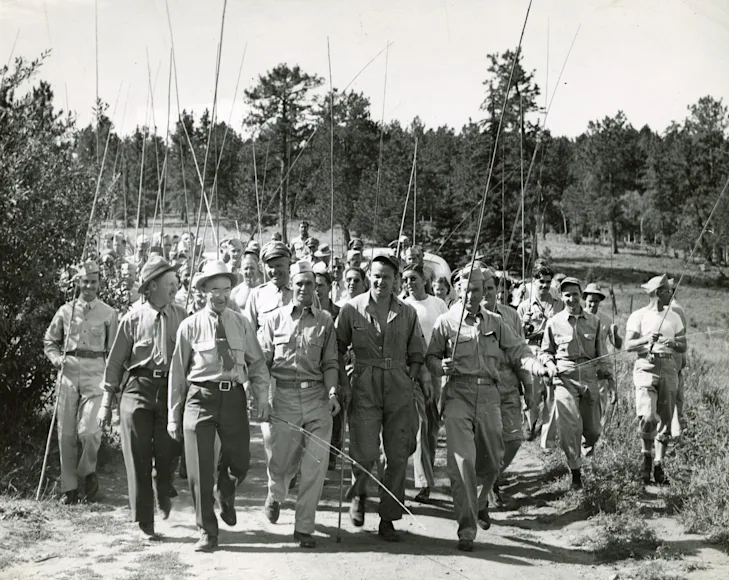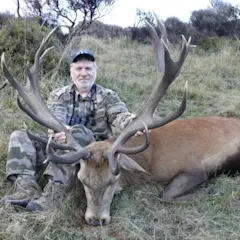Veterans Day is today, November 11. This is when we show our appreciation to the men and women who have worn the uniform, and Field & Stream is running this post because we think that whatever gratitude can be sent their way, should be. Vets were once commonplace; now they’re relatively scarce. What follows may help you understand them a bit better, and perhaps appreciate them more.
Veterans are men and women who have been transformed. When you enter the service, you leave your civilian self behind. You learn a new vocabulary. You’re governed by a different legal system. You wear different clothes. You adopt a different code of behavior. You receive a military education, which is the most effective there is, and you’ll never forget it. You accept a new set of obligations having to with life and death—your life and death.
Unlike a civilian, you’re expected to be brave. According to the services, bravery is not the absence of fear, but the determination to do your job despite the fact that you’re scared to death.

In 1970, I attended a talk given by a naval officer who had flown a torpedo bomber at the Battle of Midway in 1942. He was in the second wave of torpedo bombers to attack the Japanese fleet. At that time, our pilots flew Douglas TBD Devastators, planes that were so hopelessly obsolete that they did little but provide target practice for the Imperial Navy. The torpedoes they carried were defective, and failed to explode on impact. Their assembly tactics were so clumsy that they wasted an hour’s worth of gas before they ever set out in search of the enemy fleet, guaranteeing that some of them would never return to their ship. All 15 planes of Torpedo 8, the first wave, were lost. One pilot survived. Torpedo 8 did no damage to the Japanese.
Two more torpedo squadrons awaited orders to attack. They all knew what awaited them. Someone in our audience asked the officer who had been there, and lived, if he was scared. He paused for a long time, staring at the floor, searching for words. Finally he smiled, sadly, and said: “I pissed in my flight suit. Does that answer your question?”
Of the 41 torpedo planes that attacked, only six survived. Not a Japanese ship was damaged. But everyone flew. They were naval aviators. To refuse to fly went beyond unthinkable.
Danger, in all of the armed services, is a given. Even in peacetime, it’s still present. The Coast Guard rescues people in near-suicidal conditions. “You have to go out,” they say, “but you don’t have to come back.” War or peace, the most dangerous 4.5 acres on the planet is the flight deck of an aircraft carrier. Every day you put on the uniform you may find your life on the line before the sun sets. Civilians don’t live like this.
If you do see action, there’s a price, which today we call Post Traumatic Stress Disorder. In the past, its victims suffered silently, living their lives by day as best they could and dreading the dreams that came at night. Audie Murphy, who remains our most decorated soldier, never complained, but long after he came home he slept with a pistol under his pillow, and wept for the German kids whose fathers he had killed. Murphy said, “No soldier really survives a war.” Jimmy Stewart, U.S. Army Air Corps, bomber pilot, commanding officer, 703 Bombardment Squadron, was obliged to send his men on missions from which he knew they would not return, and he led many of those missions. Stewart made it home and resumed his career as a major movie star, but sometimes spent hours staring at a wall, sitting motionless and silent, a look of awful sorrow on his face.
In 1973, all military service became voluntary, and since then if you raise your hand and swear to defend the United States, it’s because you want to. So why sign up for something that offers endless hard work, loads of discipline (self-imposed and otherwise), pay that is fair and no better, and a high degree of risk? Probably there are as many reasons as there are people who volunteer. At the heart of it, I think, is something that will never be put precisely into words, but it’s the reason that sailors who have not set foot on a steel deck for three generations wear the number of their warship on their baseball caps. Or why Marines will offer to punch you in the mouth if you refer to them as “soldiers.” Or why, if you say “Airborne!” to a man who was once a paratrooper, he will still answer “All the way, sir!”
Or maybe Al McClane got a handle on it. Al, who was our Fishing Editor for 30 years, was a mechanized-infantry soldier who landed at Normandy Beach in 1944, and fought all the way to Czechoslovakia. He was one of the few World War II vets I knew who would talk about what he saw and did, and I once asked him how he and his fellow soldiers felt about it.
He said: “We knew two things for certain. We knew we were making history. And we knew that what we were doing had to be done. If we had to, we’d do it again.”
In the military, you don’t heap praise on people. Two words are enough, and they will do here.
“Well done.”


